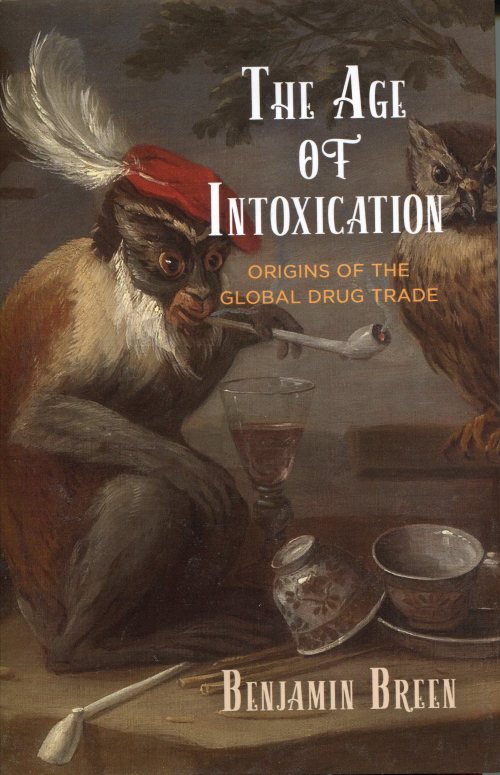From The Renaissance Mathematicus:
Readers of my occasional autobiographical posts will know that I came
of age in the late 1960’s and early 1970s and was a fully-fledged
member of the drug freak generation. Indulging freely in a wide range of
illicit substances, something I neither regret nor overly value; it was
how it was. However, always the born historian, when my drug freak
colleagues were busy lighting up that spliff or dropping that tab, I was
also busy reading up on the report of the 1894 Indian Hemp Drugs
Commission or the Scythian shamans use of cannabis or Albert Hofmann’s
synthesis of LSD at Sandoz or the medieval outbreaks of St Anthony’s
Fire caused by ergot-based drugs. In other words I didn’t just want to
get high but also to discover the history of humans getting high.
Later in my life during the time that I managed the monthly #histsci
blog carnival On Giants’ Shoulders and then ran the weekly #histsci
journal Whewell’s Gazette I regularly read a lot of blogs and one blog
that I very much enjoyed was Benjamin Breen’s Res Obscura. Though not strictly a #histsci blog Res Obscura
is a wonderful cornucopia of erudite, entertaining, enlightening and
educational essays about, well, obscure things as the blog name says.
Given this two rather disparate aspects of my life I was delighted
when I discovered that Benjamin Breen had written and published a book
with the title, The Age Of Intoxication: Origins of the Global Drug Trade*. I knew that this was a book that I wanted to read and read it I have and it has fulfilled all my expectations.

Now it might seem at first glance that my youthful adventures in the
age of sex and drugs and rock’n’roll and Breen’s academic opus about the
beginnings of the global drug trade in the early modern period would
have little or nothing in common but appearances can be deceptive and in
this case they are. One of Breen’s central themes in his book is that
the dichotomies that characterised the world of drugs in the 1960s and
70s, medical–recreational, legal–illicit, natural–synthetic were in fact
created during the European confrontation with exotic new drugs from
South America and Asia during the Early Modern Period, which shaped the
way we see intoxicants today.
Early in his book Breen explains to the reader, or in my case reminds
him, that the word drug originally meant dry goods, as is still obvious
in the North American drugstore or the German Drogeriemarkt. This meant
that the “drugs” that the early European trader–explorer brought back
home from all over the world included not only what we would now call
drugs but also a very diverse range of other goods, including herbs and
spices, dyes, soaps, incenses, pigments or even jewels. Although, one
should add than many of these non drug dry good were often also regarded
as medicines. One should also remember that three of our everyday
commodities, coffee, chocolate and tobacco, were originally viewed as
medicinal drugs.....MORE
One of my favorite stories along these lines was in January 4's "
Britain, India, and Cannabis":
Today's selection -- from The Age of Intoxication by Benjamin Breen.
In 1673, the days in which Britain is first starting to extend its
influence to India, a young Brit named Thomas Bowrey encounters cannabis
on the coast of India. His first thoughts are to commercialize the
substance:...
That's right, the first thing he thinks isn't some quasi-mystical hoo-haw, it's "Damn, I bet I could sell this shit!"
